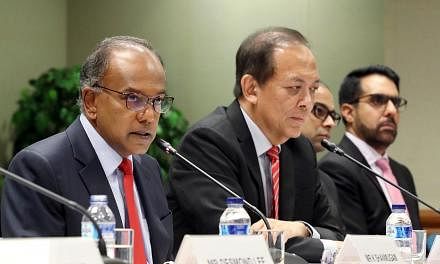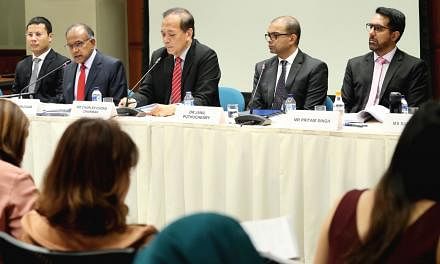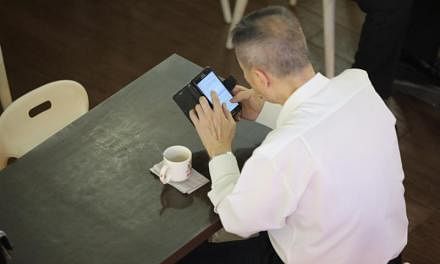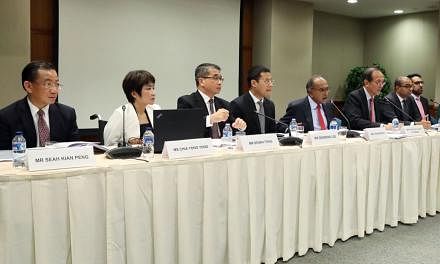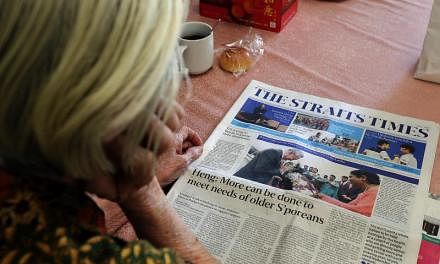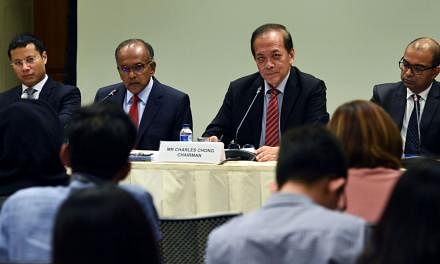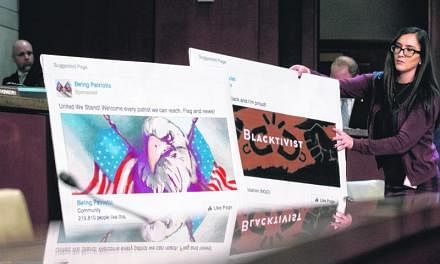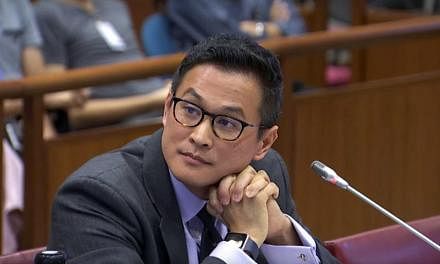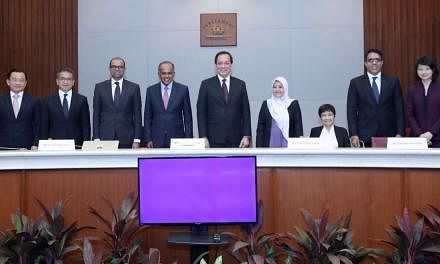SINGAPORE - Train youth ambassadors, arm people with the skills to identify falsehoods or even work with Malaysia to tackle the problem of fake news.
Such were the suggestions put forward at a public hearing on deliberate online falsehoods on Tuesday (March 27) by two professionals and representatives from a non-governmental organisation.
Entrepreneur Hazrul A. Jamari suggested that the Singapore Government form a joint task force with its Malaysian counterpart to debunk online scams and falsehoods, which often transcend national borders.
The Malaysian government has a website, sebenarnya.my, which publishes articles debunking falsehoods spread online or via messaging apps, but it is not well-marketed, he noted in his written submission.
"Perhaps our government can better market it to our citizens," he said. "Citizens can refer to these articles first before deciding to share sensational messages that come via their messaging app."
In his submission, he noted the spreading of falsehoods via messaging apps such as WhatsApp and Facebook has been "extremely common".
When it comes to the Malay community, he added, these falsehoods usually touch on a communal or religious nature.
He told the committee that he has seen Singaporeans share polarising videos with their friends and family here about the Syrian conflict.
Lawyer Zhulkarnain Abdul Rahim, meanwhile, called for a multi-faceted approach that includes engaging with tech companies, using new technology such as blockchain to fight online falsehoods, refining the legal framework and inculcating online literacy among the populace.
He also suggested the gov.sg website Factually can be revamped to include an authentication platform or tool where any piece of news, be it a Facebook post or Whatsapp message, could be verified using blockchain technology.
Three representatives of inter-faith NGO Roses of Peace, who appeared with the two professionals, said they will work with partners such as the Media Literacy Council to develop a "digital playbook" to educate and equip people with the knowledge and tools to counter fake news.
The playbook will detail the strategies that citizens can adopt to identify and push back on fake news. For example, this will include simple steps citizens can take when they receive a fake news report and ways they can respond to divisive content online.
The group plans to work with religious organisations to start a website that will offer a safe space for people to ask questions and receive factual answers about various religions.
The group recently launched an Ambassador Programme, a one-year programme through which 30 participants, all students and young working adults, will receive training on digital media engagement and facilitation skills.
It also plans to launch an Advocates Network to work with different constituencies to train citizens to be peace advocates and help counter fake news that affects racial and religious harmony.
These initiatives will help to plug two gaps that Roses of Peace has identified, said the group's founder Abbas Ali Mohamed Irshad - uneven levels of critical literacy skills across society and lack of digital solutions to help people build up their critical literacy skills.
Public hearings to fight online falsehoods: Read the submissions here and watch more videos.


